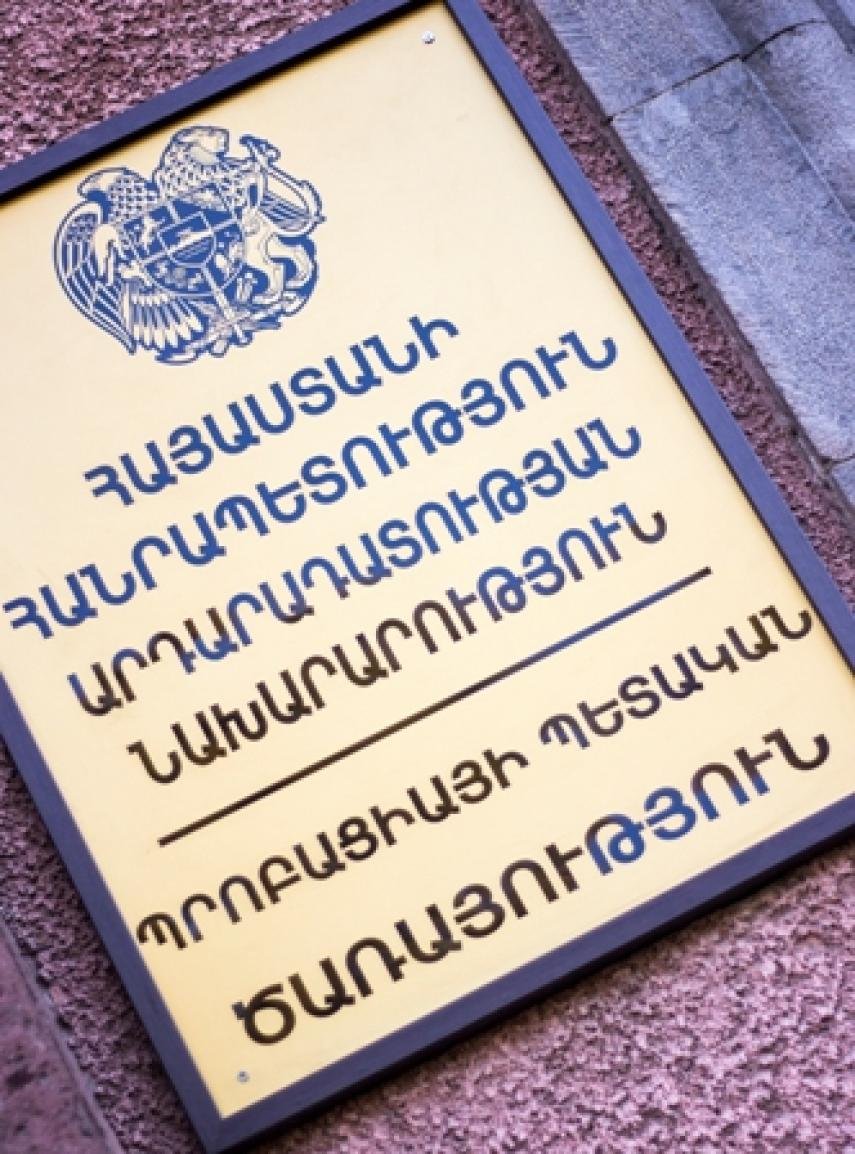NON-GOVERNMENTAL ORGANIZATION
CSI’s recommendations in order to improve the competitiveness of offenders in the labor market

There are some positive developments in state policies and legal regulation in regard to the persons in conflict with law. However, the scope of work needed for the actual transition from punitive to restorative justice system is tremendous and requires a great input on the part of all possible stakeholders, state bodies, civil society sector and international organizations. With this perspective in mind, the following recommendations on the employment and education of offenders are therefore made by Civil Society Institute NGO.
A great amount of work is to be done with prisoners, taking into account that up to now inmates are excluded from the beneficiaries of the State Employment Agency, though should not only be included in it, but also regarded as a group which special needs. Special pre-release programmes need to be developed and made available. Moreover, such programmes should be available six months before the potential term when inmate becomes eligible for release on parole.
There are positive developments in law and policies in Armenia. Thus, according to the available information, the amendments to the Law on Employment and penitentiary legislation stipulate that the Warden would refer cases of the inmates whose imprisonment ends in 6 months to the local and state employment agencies. In case there is a need for professional education such inmates will have an opportunity to benefit from vocational training both inside and outside prisons. While acknowledging the particular importance of the preparatory work at the pre-release phase, CSI is of opinion that rehabilitation, including vocational and educational measures should start as soon as the sentence enters into force based on needs assessment carried out upon admission into prison. Taking into account offender’s progress in following his/her rehabilitation plan important decisions (for ex., on early release, etc.) may be made. A person should not wait until the end of his/her statutory release, in order to benefit from this opportunity, as, for instance, it will not have any impact upon his opportunity to be granted parole. Therefore, the starting point of rehabilitation educational programs should be adjusted to take into account the earliest possible release of each inmate.
When it comes to the parolees and probationers, very often they are put under certain restrictions that prevent them from getting a job they want: for example, if a person is obliged to live in a particular region, but have an employment opportunity in another region. These difficulties should be taken into account when imposing parole/probation restrictions that may require these persons to live in a particular place.
In the frames of piloting offices of Probation Service in Armenia in 2015-2016 Alternative Sanctions Enforcement Division cooperated with State Employment Agency in attempt to assist offenders serving non-custodial sentences to do vocational training and be employed. Very few probationers managed to benefit from this initiative as the existing procedure is time-consuming and burdensome. In some cases, by the time the request for vocational training was implemented, the probation period expired.
When it comes to the employers, it is obvious, that it is not possible to provide jobs for everyone who needs it or to force private sector to employ (ex) offenders. However, employers might be more open to working with these individuals if state agencies would offer economical incentives and proper supervision over the beneficiaries of the employment and educational re-socialization programs. This may include tax credit policies, partial compensation and guarantees of supervision on the part of the Probation service.
Conclusions and Recommendations
In order to improve the competitiveness of offenders in the labor market:
-The individual rehabilitation plan, based on personal needs assessment should be developed in relation to every offender, once their sentence is enforced. The successful fulfillment of the tasks of individual rehabilitation plan, including educational measures should contribute to the decision on the possibility of early release. Needs assessment also would provide the basis for informed choice of type of training from those available for the inmates/probationers/parolees.
-While preparing an individual plan for parolees and probationers the restrictions should be flexible enough not to hinder the offender’s legitimate professional activity and potential employability.
-A system of referral among all relevant organizations, including State Employment Agency, Probation Service, Ministry of Education, Ministry of Labor and Social Affairs and their subdivisions and relevant non-governmental organizations should be established as a unified support network. The inter-agency responsibility would mobilize maximum available resources and achieve the optimum distribution of forces and the most desirable results.
-Inmates should be listed as beneficiaries of State Employment Agency while they are still incarcerated.
-Include the population of prisoners in the database of National Statistical Service when preparing analysis of the labor market of Armenia. This would contribute to the research and needs assessment of the prison population, as well will help to evaluate their potential impact on the labor market.
-Prison institutions should be provided with the facilities needed for vocational education and trainings. Proper certification in accordance with the national education standards should be provided.
-Existing procedures for referring to vocational training organized by the State Employment Agency should be made less bureaucratic and faster to proceed.
In order to encourage potential employers to hire offenders and ex-offenders it is recommended:
-To develop a program of partial compensation and/or tax credits to employers for hiring a beneficiaries of the Probation Service/ex prisoners;
-To provide guarantees of supervision over the overall performance of the employee-beneficiary of the Probation service;
-To provide security measures to ensure public safety and property protection (e.g. use of electronic monitoring where necessary);
-To launch and support awareness raising campaigns tackling stigmatization for the ex-convicts in the society.
Other publications on the topic
Part 1 - Rehabilitation of offenders through employment and educational opportunities: situation in Armenia
Part 2 - Factors that limit employment and earnings among offenders
Part 3 - CSI’s recommendations in order to improve the competitiveness of offenders in the labor market

